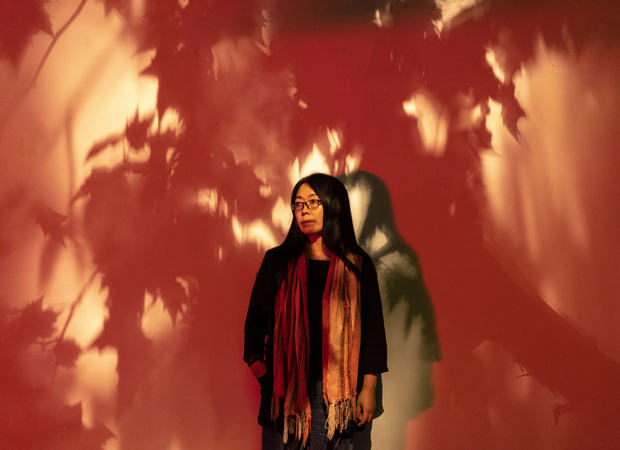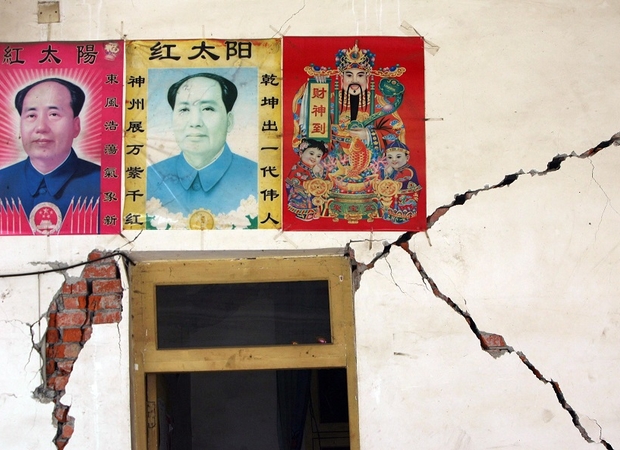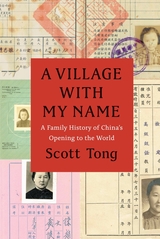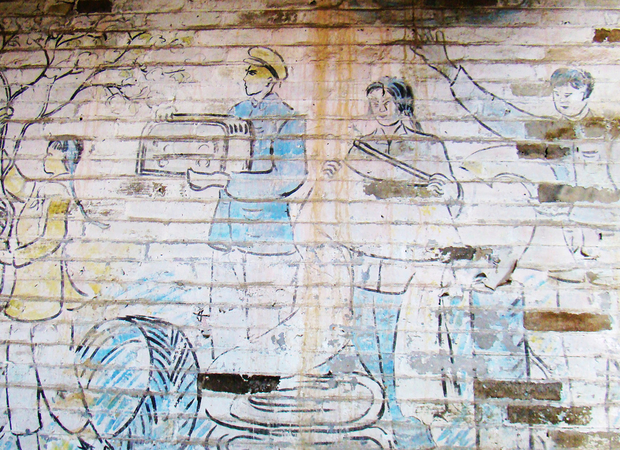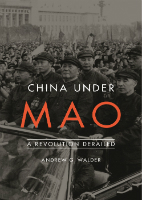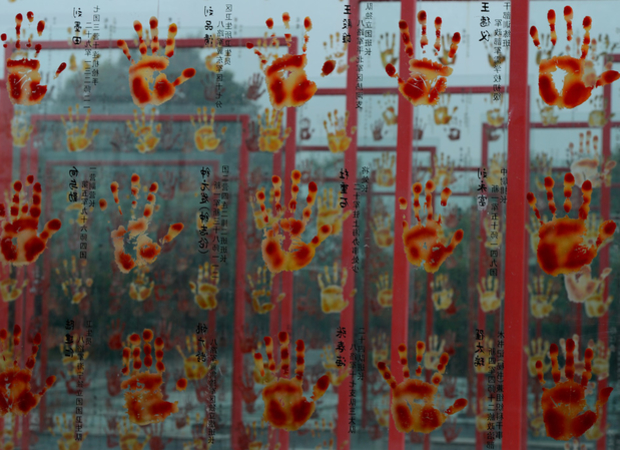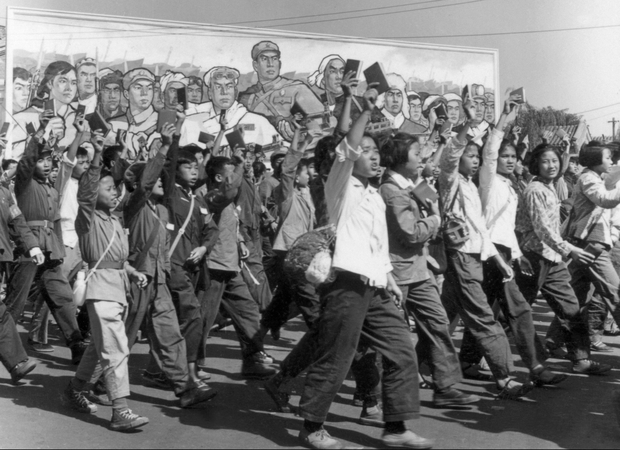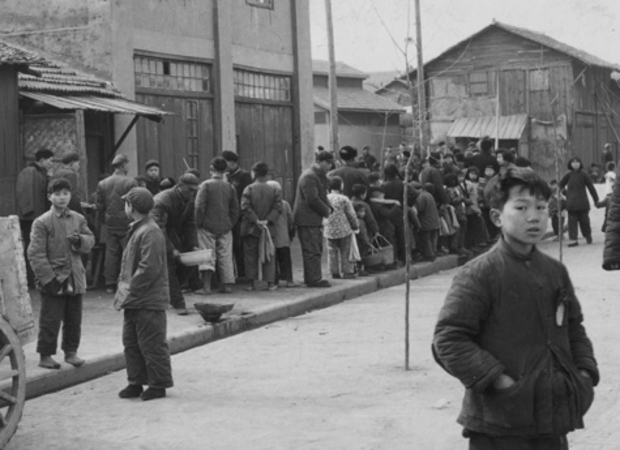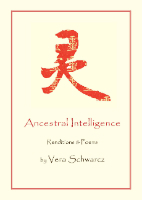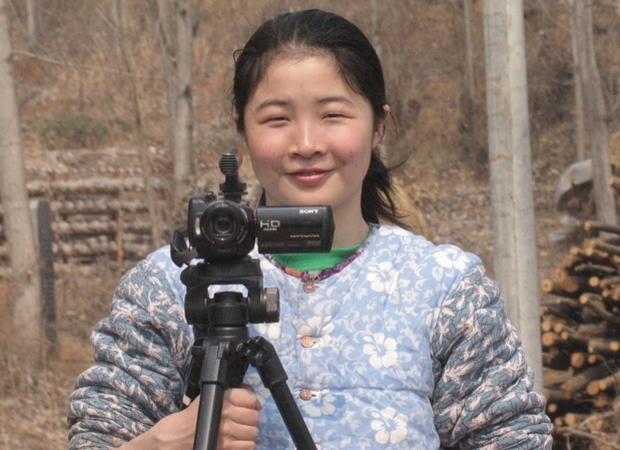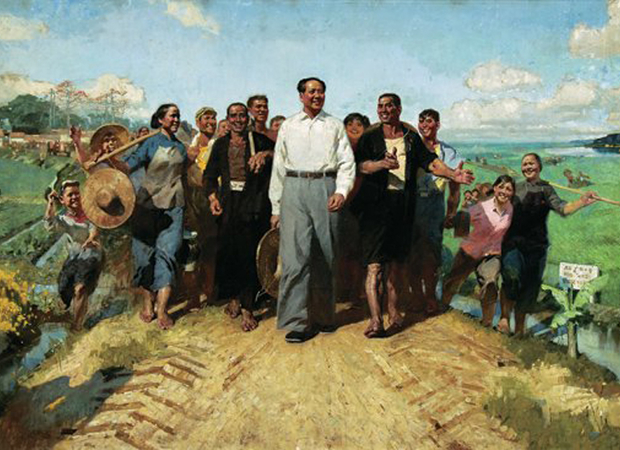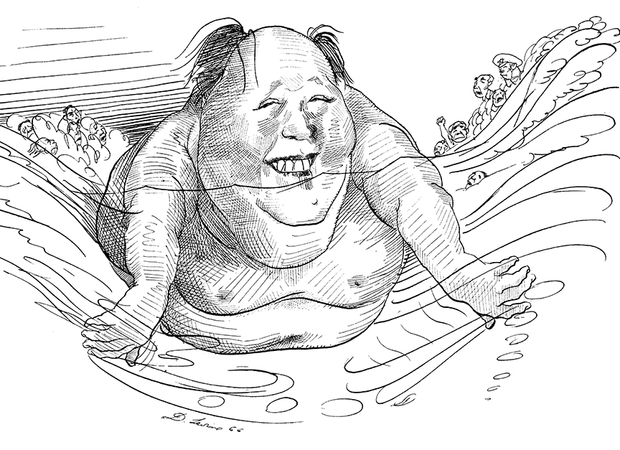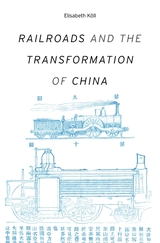
Railroads and the Transformation of China
As a vehicle to convey both the history of modern China and the complex forces still driving the nation’s economic success, rail has no equal. Railroads and the Transformation of China is the first comprehensive history, in any language, of railroad operation from the last decades of the Qing Empire to the present. The railroads have persisted because they have been exemplary bureaucratic institutions. As Köll shows, rail provided a blueprint for the past 40 years of ambitious, semipublic business development and remains an essential component of the People’s Republic of China’s politically charged, technocratic economic model for China’s future.




